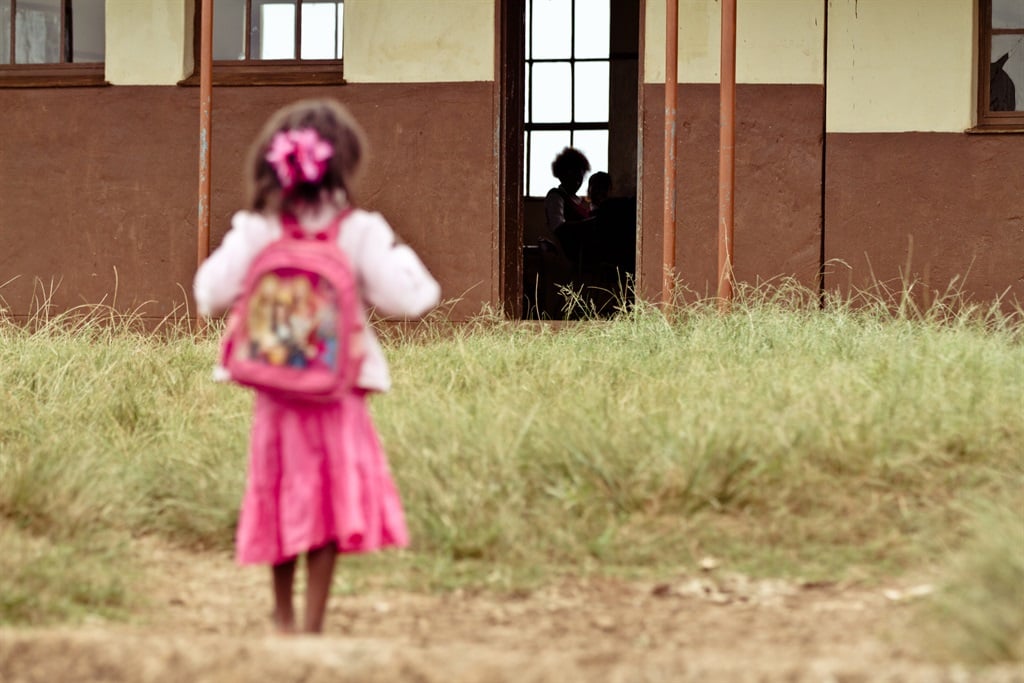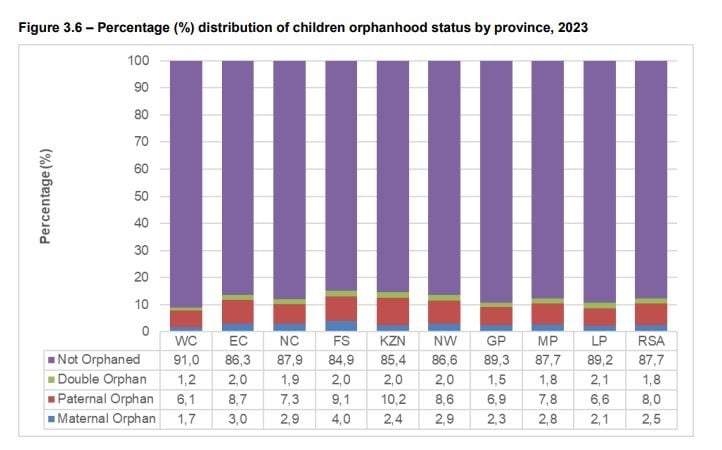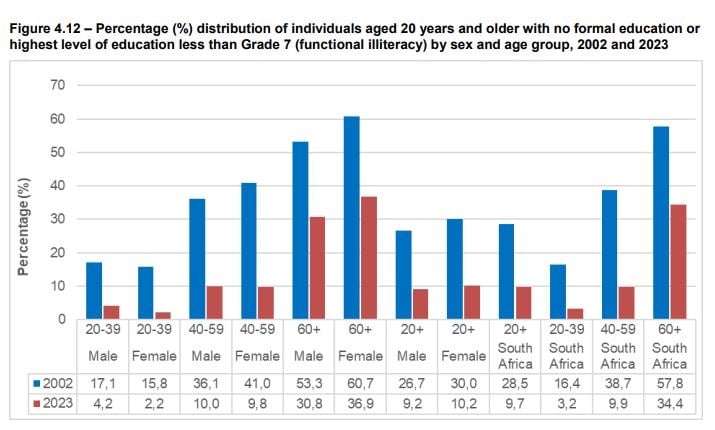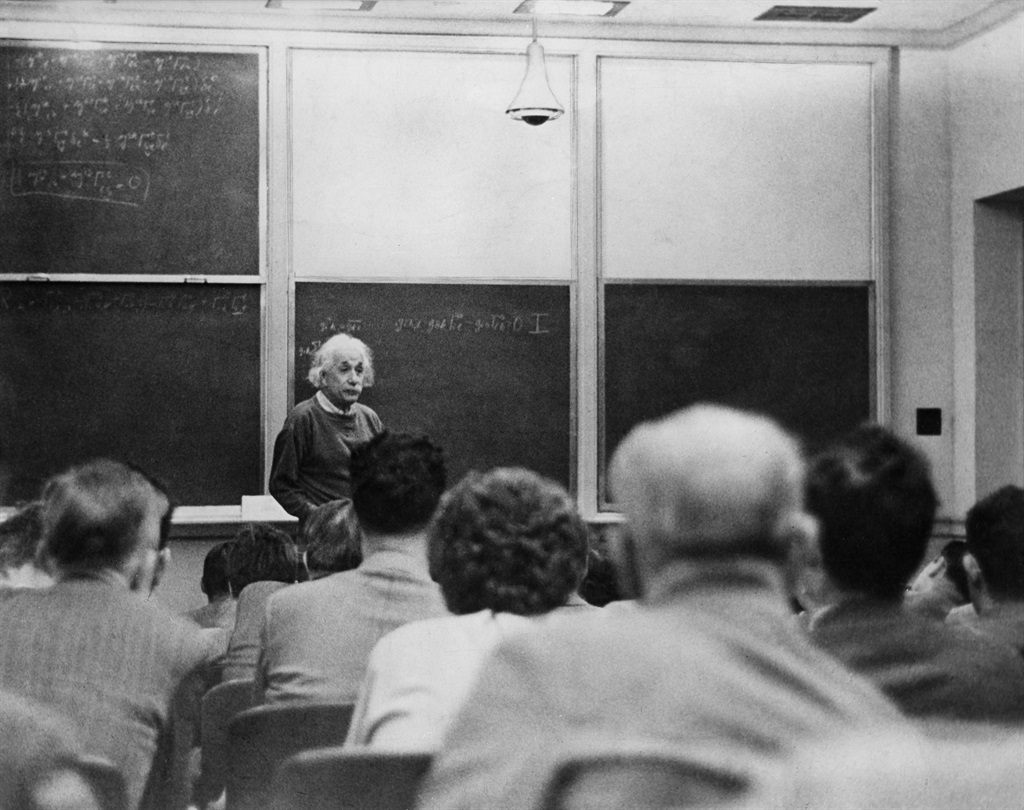
- According to Statistics SA data, 23.1% of households consider their access to food inadequate or severely inadequate.
- It also found that 19% of children lived with neither of their biological parents, 31.5% with both parents, 45.4% with only their mothers, and 12.3% are regarded as orphaned.
- Just over 63% of learners were still in school by the age of 18 – when they are generally supposed to exit Grade 12.
- For more financial news, go to the News24 Business front page.
Almost a quarter of South African households say their access to food is insufficient, according to new statistics released on Thursday.
Statistic SA’s General Household Survey (GHS) found that 23.1% of households considered their access to food inadequate or severely inadequate, five percentage points higher than in 2019, before the pandemic.
Issues with accessing food were most prevalent in the Northern Cape, at 37.7%, and the North West, at 32.6%, while only 6.9% of households in Limpopo reported inadequate or severely inadequate food access.
In February, a significant study into nutrition, the National Food and Nutrition Security Survey, found that around 57.4% of South Africans are classified as either overweight (25.3%) or obese (32.1%).
One of the principal investigators, the Human Sciences Research Council’s Thokozani Simelane, said in a subsequent piece in The Conversation that 69% of overweight adults resided in households facing food insecurity, where limited dietary options led to consumption of nutritionally poor food.
Families and orphans
The GHS, which monitors development progress and highlights ongoing gaps in service delivery, also found that 19% of children lived with neither of their biological parents, 31.5% with both parents, and 45.4% with only their mothers. Around 12.3% of children are regarded as orphaned – having lost one or both parents.
In urban areas, most children resided either with both parents (40.3%) or their mothers (41.8%). Conversely, in rural regions, over half (50.2%) of the children lived with their mothers, and just under a fifth (19.5%) lived with both parents.
“Families and households are profoundly important to the developmental, emotional and cognitive growth of children,” the report said.
“Although biological parents can play a central role in the development of children, the value of living with biological parents depends on the quality of care they can provide. Children that are left in the care of other relatives, such as grandparents, are not necessarily more disadvantaged than children who lived with their biological parents.”
Schooling and literacy
The GHS also found that only 63.6% of learners were still in school by the age of 18 – when they are generally supposed to exit Grade 12.
Learners who dropped out of school before they turned 18 gave several reasons for doing so, including poor performance (29.1%), a lack of money (19.5%), and family commitments (7.2%). More females (14.1%) dropped out before 18 than males (0.1%).
The survey found that while 34.4% of South Africans over the age of 60 years were still functionally illiterate, this dropped to only 3.2% for those aged between 20 and 39.








Recent Comments